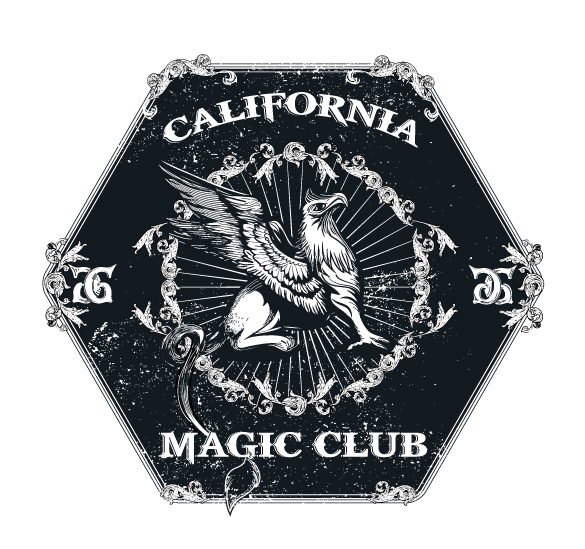In Conversation with Christian Cagigal
Who was your biggest influence when you got involved in magic?
I loved David Copperfield's early TV specials because there was always a some sort of sketch, story or vignette in his shows. I was captivated by those pieces because the magic seemed to really mean something to the story; a characters hopes, dreams, fears. And, David Copperfield's magic was always very escapist and magical. Anything could happen in Copperfield's world. Harry Anderson who played the judge on the TV show "Night Court" was a huge influence too. Even though he did comedy-club style magic, he could stop a room of drinkers and smokers dead in their tracks with a story and all of sudden you were transported to the world of side-shows or mid-century Manhattan where gamblers and con-men roamed the streets. And lastly, Penn and Teller really made me think twice about what art and magic could be. My style is almost the complete opposite of what they do but I love that they have no shame in making you consider society, politics and religion. They have a personal point of view on the world and as artists they didn't care if you like their opinion or not. Their performances always made me think, "What else can I say with magic? What other boundaries can I push?"
Tell us a little about the style of your magic show...
My style is always fun, inviting, lots of audience participation; people really seem to love the work. One of the reasons is that I never pull back from making my shows feel like magic. Which means sometimes my shows are little dark (because if magic were real it might weird you out a bit) and there's no irony, no wink and I don't make fun of anyone. The audience joins me on a wonderful journey of magic and mystery. And, they love it. I love it too
What is your favorite memory of California Magic Club since we first opened in 2004?
I've really only started visiting Cal-Magic regularly this year. And, every time I come Gerry swings his doors wide open for me and all the performers are so gracious. Instant new friends! But, this will be my first time performing on the Cal-Magic stage so, I feel like there's a bunch of awesome new memories that are about to happen...
What is the biggest challenge in developing a stage show?
I usually produce my own theatre shows. I've been an Artist in Residence at EXIT Theatre in downtown San Francisco for the past 7 years. They've been really supportive in allowing me to explore new ways of mixing art, magic and theatre. The biggest challenge for me is trying to weave the magic into a long 1 or 2 hour story that really makes sense. I don't mean just do a "trick," put it away, then do another one. I mean, how I can make the magic tell the story for me just like how a song can tell the story in a musical. I haven't perfected this approach yet but what I have been able to accomplish seems to have worked because it's created dedicated fans and followers. So, I guess I'm doing something right (I just wish I knew what that was though...)
What do you think will change about the art of magic throughout the next five years?
I think what will change is that more magicians will wonder what else they can "say" with magic. It's become harder to put on the big stage shows because it's so expensive. So, they'll move more towards a real connection with the members of the audience because when you can't have all the big lights and pyrotechnics all you have is yourself. And, that's the most amazing thing you can give someone, especially from the stage. Which is why I love Cal-Magic so much; it's intimate, true, it's success is based on the fact that you're surrounded by people ready to have a good time, magicians ready to make magic with you, and amazing performers-many of whom do big stage shows-coming to really connect with the audience. It's beautiful.
What’s your favorite quote and why?
I have too many...
Playwright Harold Pinter said of art,"There are no hard distinctions between what is real and what is unreal, nor between what is true and what is false. A thing is not necessarily either true or false: it can be both true and false."
When magician Eugene Burger was asked why people still watch magic shows when we have such amazing technology in the world and movies with amazing special effects he replied with, "Because the human heart cries out for magic."
And, creator of Kermit and the Muppets, Jim Henson, who probably started out with nothing more than a sock and two ping-pong balls on a string said, "Take what you got and fly with it."
